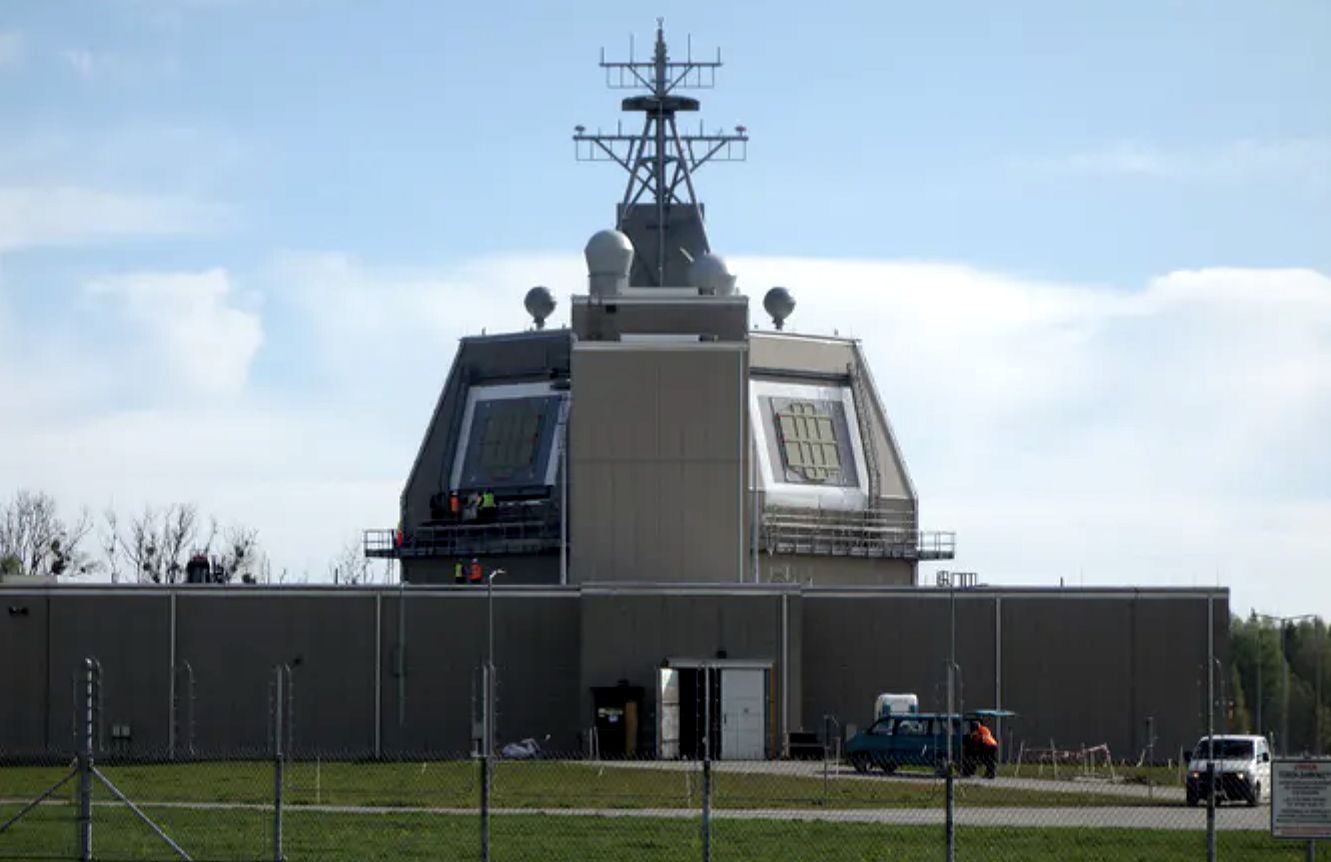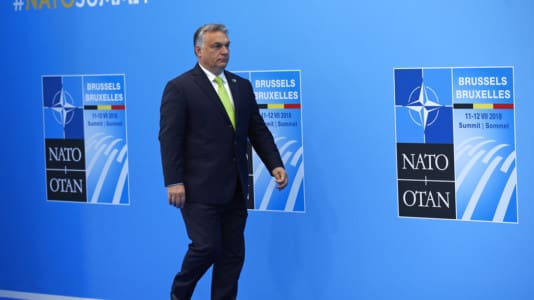A U.S. anti-missile base in Redzikowo in northern Poland will become operational on Dec. 15, outgoing Polish Prime Minister Mateusz Morawiecki told Polish lawmakers on Monday.
Morawiecki announced the news in a speech introducing his government’s program in the Sejm, before losing a vote of confidence that ended his term in office.
Later, Donald Tusk, who leads a four-party coalition that has a majority in parliament, won a parliamentary vote to become the new prime minister of Poland.
“A strong Poland is the raison d’être for us,” Morawiecki said, adding that both mediocrity and subordination were out of the question. Poland, the outgoing prime minister continued, had recently managed to convince the EU not to include military spending in the budget deficit and added that this “is really a very important thing” as it would not affect the excessive deficit procedure.
“If our military spending at 4 percent of GDP was deducted from our budget deficit, it would stand at around 1 percent,” Morawiecki said, adding that it would be one of the lowest in the EU.
After it has undergone final testing by the U.S. Navy, the Redzikowo Air Base will become the U.S.’s second anti-missile land base in Europe, marking the end of the final deployment phase of the European Phased Adaptive Approach (EPPA).
The EPPA is part of a NATO anti-missile system designed to protect the continent against short, medium, and intermediate-range missiles from the Middle East.
In addition to the planned base in Redzikowo, the system also comprises the Aegis Ashore base in Deveselu, Romania, as well as an early-warning radar facility in Kurecik, Turkey, and a command center in Ramstein, Germany. The system is complemented by a maritime element of Aegis situated on a U.S. Navy destroyer stationed at the Rota base in Spain.
The Redzikowo base will be composed of AN/SPY-1 radar, Mk 41 VLS launchers, and anti-ballistic SM-3 rockets, and is the final uncompleted element in the system.
During his speech in parliament, Morawiecki also went on to say that a 300,000-strong army, a strong national arms industry, and the 4 percent GDP being spent on the armed forces “are the foundation of Poland’s security and sovereignty.”






